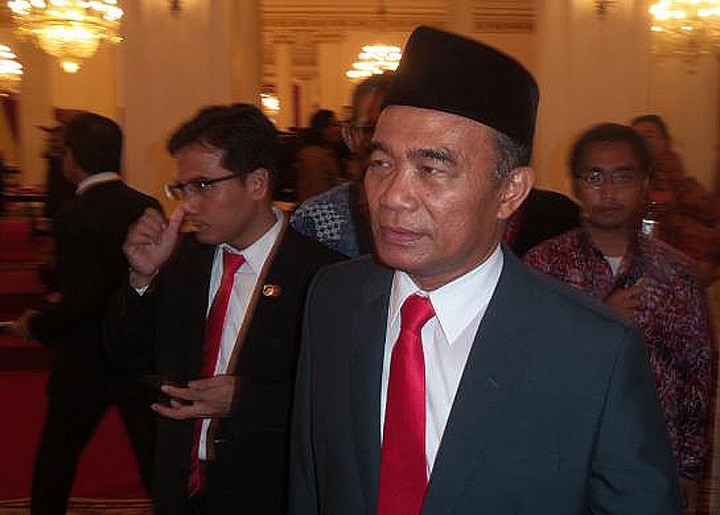Popular Reads
Top Results
Can't find what you're looking for?
View all search resultsPopular Reads
Top Results
Can't find what you're looking for?
View all search resultsBetter collaboration sought to put vocational education on the map
Change text size
Gift Premium Articles
to Anyone
C
ulture and Education Minister Muhadjir Effendy said a lack of collaboration between business players and the government to improve the quality of vocational education has left the sector underperforming, as many vocational school (SMK) graduates are not well absorbed in the labor market.
Data from the Central Statistics Agency (BPS) show that as of August, 11.1 percent of SMK graduates were unemployed, the highest in Indonesia for all graduates. The unemployment rate for senior high school graduates, meanwhile, stood at 8.73 percent, while that of other education levels, such as university and junior high school, is lower than 6 percent.
“If industry players provided [the government] with a labor requirement forecast, like how many auto mechanics or hotel employees they would need in the next five years, then we could adjust the SMK curriculum to meet such needs," Muhadjir said Monday at an Indonesian Chamber of Commerce and Industry (Kadin) meeting in Jakarta.
Data from the Education and Culture Ministry show that Indonesia currently has more than 13,000 vocational schools, each of which specializes in one of several fields, including tourism, business, maritime industries and machinery.
(Read also: Teaming up for vocational education)
Muhadjir suggested that local business players work together with provincial administrations to map out their specific needs.
The ministry, for instance, is currently working with the North Sulawesi provincial administration to develop a tourism school that specializes in managing Chinese tourists, who now make up the biggest proportion of foreign tourists in the region.
“Students, for example, are learning how to cook Chinese food and speak Mandarin at the school," he said.
Kadin deputy chairman of trade Benny Soetrisno welcomed the idea and said the chamber will coordinate with industry associations to share such data with regional administrations. (hwa)










